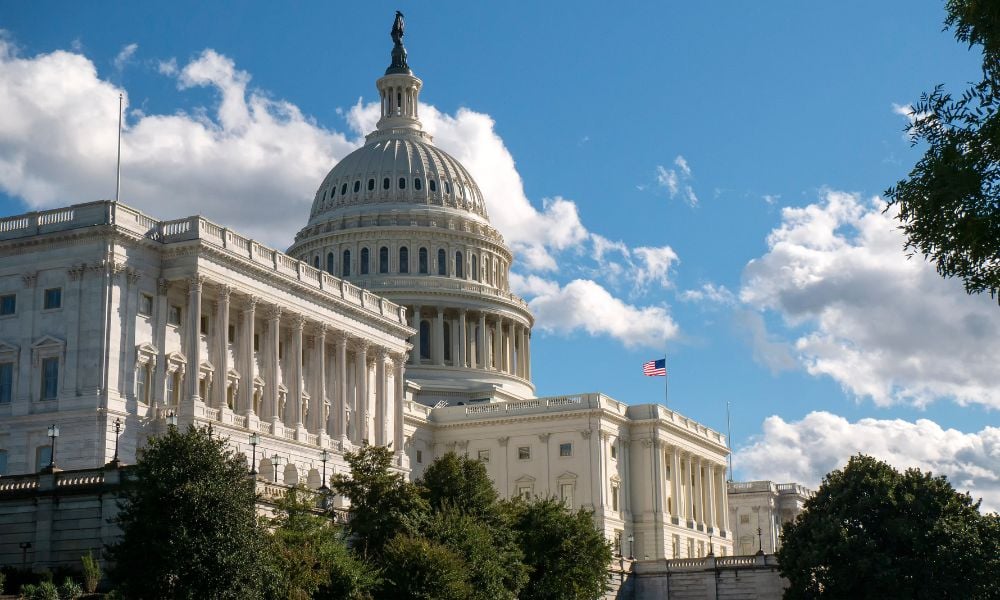

by Emily Birnbaum, Oma Seddiq and Steven T. Dennis
The Senate killed a controversial effort to prevent US states from regulating artificial intelligence, delivering a win for critics of the biggest tech companies after a compromise proposal collapsed.
Senators voted 99-1 early Tuesday to strip the language out of President Donald Trump’s signature tax legislation during a marathon session that began Monday and continued through the night. The overwhelming opposition came despite widespread support for the pause on state AI legislation from Trump administration officials and GOP allies in Silicon Valley.
Tennessee Senator Marsha Blackburn, who led the effort to nix the provision, represents music industry power center Nashville. She had raised concerns the measure would block her home state’s ELVIS Act, a law backed by the record industry that prohibits people from using AI to mimic a musicians’ voices.
The state AI legislation freeze would have barred states from passing AI legislation if they received broadband funding from a $500 million broadband funding program.
Before the vote, Texas Senator Ted Cruz expressed frustration that a compromise he had brokered with Blackburn had collapsed and offered to have a voice vote on her amendment striking the provision, but she insisted on a roll call vote.
The measure was a top priority for major tech companies including Microsoft Corp. and Meta Platforms Inc., as well as venture capital firms like Andreessen Horowitz, which backs smaller but still powerful players. Trump allies in Silicon Valley, including venture capitalist Marc Andreessen, defense tech firm Anduril founder Palmer Luckey and Palantir co-founder Joe Lonsdale all advocated for including the provision.
Commerce Secretary Howard Lutnick threw his support behind the AI measure as well, calling it imperative for national security.
Despite the Senate’s move, the tech industry will likely continue to push for curtailing state AI legislation in future federal tech policy efforts.
States across the country have enacted dozens of new laws aimed at protecting Americans against risks posed by AI, such as unauthorized deepfakes, copyright violations, and algorithmic discrimination. Congress has yet to pass sweeping regulations on AI.

Since Vis Raghavan took over the reins last year, several have jumped ship.

Chasing productivity is one thing, but when you're cutting corners, missing details, and making mistakes, it's time to take a step back.

It is not clear how many employees will be affected, but none of the private partnership's 20,000 financial advisors will see their jobs at risk.

The historic summer sitting saw a roughly two-thirds pass rate, with most CFP hopefuls falling in the under-40 age group.

"The greed and deception of this Ponzi scheme has resulted in the same way they have throughout history," said Daniel Brubaker, U.S. Postal Inspection Service inspector in charge.
Stan Gregor, Chairman & CEO of Summit Financial Holdings, explores how RIAs can meet growing demand for family office-style services among mass affluent clients through tax-first planning, technology, and collaboration—positioning firms for long-term success
Chris Vizzi, Co-Founder & Partner of South Coast Investment Advisors, LLC, shares how 2025 estate tax changes—$13.99M per person—offer more than tax savings. Learn how to pass on purpose, values, and vision to unite generations and give wealth lasting meaning
